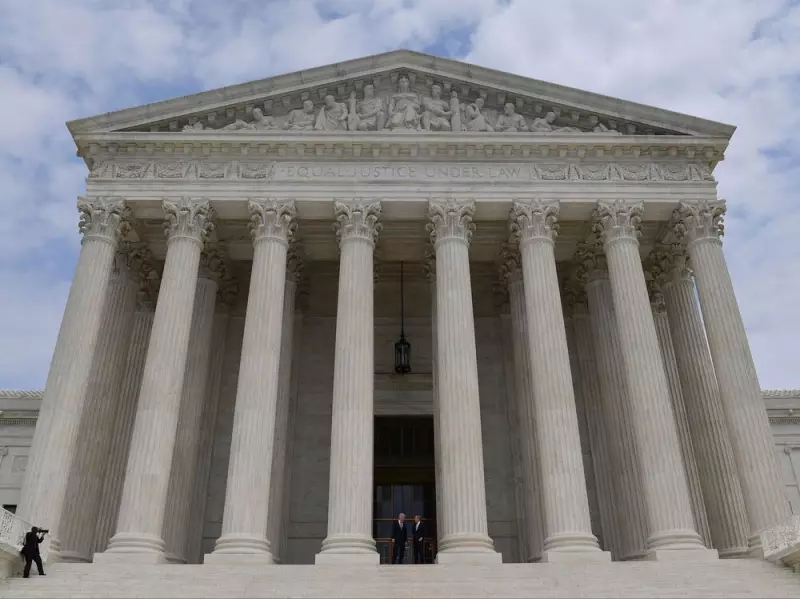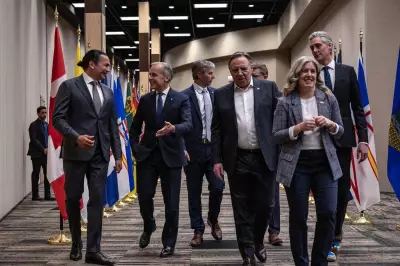
The highest court in the United States is preparing to hear a case that could fundamentally alter presidential authority over international trade and tariff implementation. At the center of this legal battle lies former President Donald Trump's controversial use of tariff powers during his administration.
The Constitutional Clash Over Trade Authority
Legal experts are calling this upcoming Supreme Court decision one of the most significant trade-related cases in decades. The court will determine whether presidents have unlimited discretion to impose tariffs under Section 232 of the Trade Expansion Act of 1962, or if congressional approval is required for such sweeping economic measures.
The case stems from Trump's 2018 decision to impose substantial tariffs on steel and aluminum imports, citing national security concerns. These tariffs affected billions of dollars in trade and sparked retaliatory measures from multiple trading partners, including Canada and the European Union.
What's at Stake for Future Administrations
The Supreme Court's ruling will establish crucial precedent regarding the balance of power between the executive and legislative branches on trade matters. A decision against broad presidential authority could constrain how future presidents respond to economic challenges and national security threats.
Legal scholars note that the outcome could either reinforce presidential dominance in trade policy or return significant tariff-setting power to Congress, where it historically resided for most of American history.
The Legal Arguments Taking Center Stage
Opponents of the tariffs argue that Congress cannot delegate such sweeping economic power to the president without clear guidelines and limitations. They contend that the national security justification has been stretched beyond recognition, becoming a catch-all excuse for protectionist trade policies.
Meanwhile, defenders of presidential tariff authority maintain that in an increasingly complex global economy, the executive branch needs flexibility to respond quickly to emerging threats and economic challenges without being hamstrung by lengthy congressional processes.
Potential Economic Ramifications
The Supreme Court's decision could have immediate consequences for ongoing trade relationships and future negotiations. Businesses that have adapted to the tariff landscape since 2018 may face another period of uncertainty as the legal framework potentially shifts.
International trade partners are closely watching the case, as the outcome could signal either continued American protectionism or a return to more traditional, congressionally-approved trade policies.
Why This Case Matters Beyond Trump
While the case specifically addresses tariffs implemented during the Trump administration, the precedent will apply to all future presidents. The decision could either empower or constrain the Biden administration and subsequent White House occupants in their approach to international trade.
Legal analysts suggest that regardless of the outcome, this case represents a critical moment in defining the boundaries of presidential power in the modern global economy. The Supreme Court's ruling will likely shape U.S. trade policy for generations to come.





